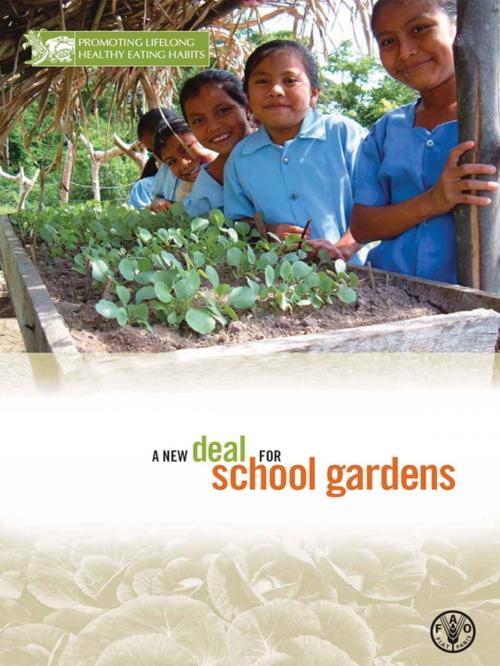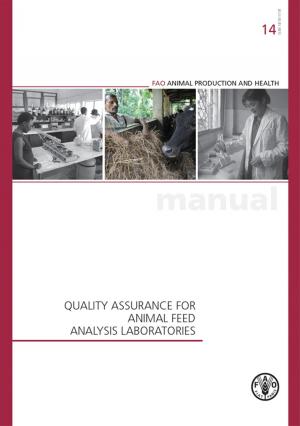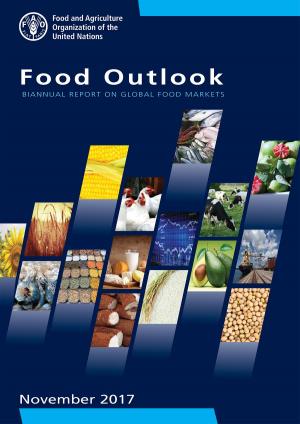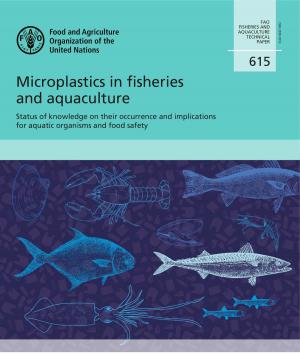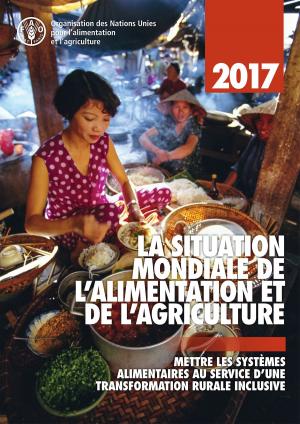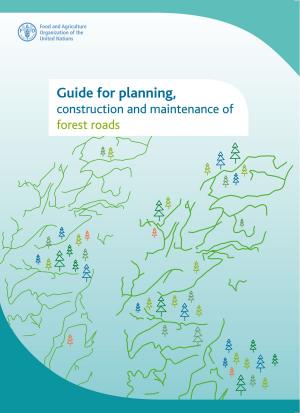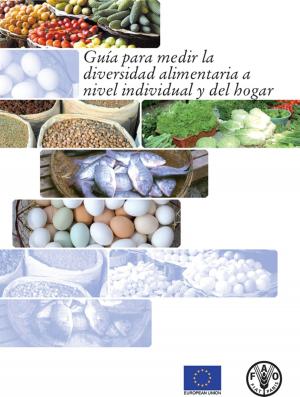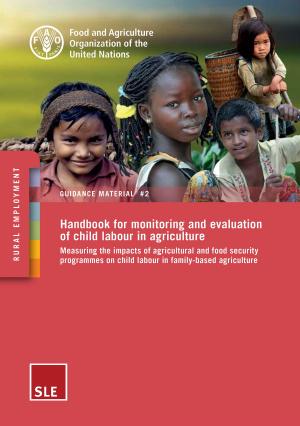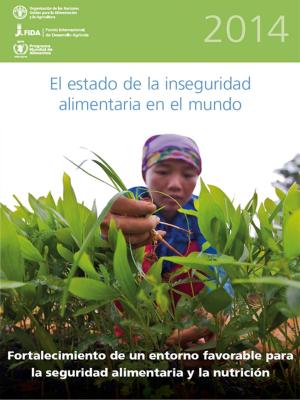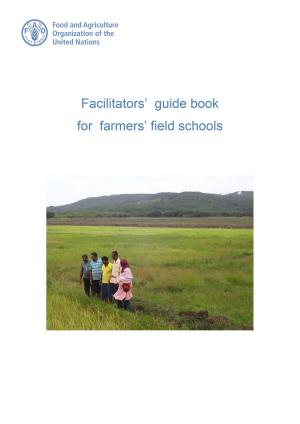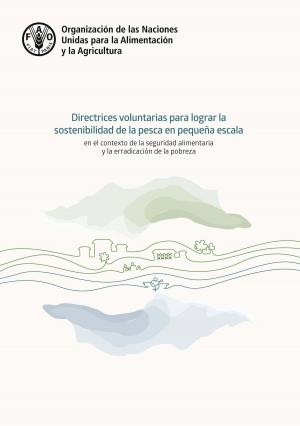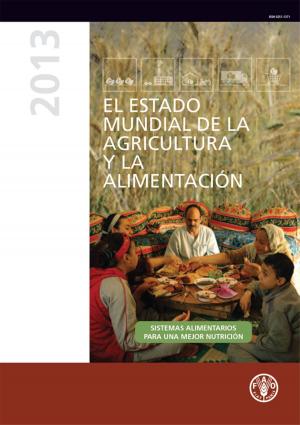| Author: | Food and Agriculture Organization of the United Nations | ISBN: | 9789251086254 |
| Publisher: | Food and Agriculture Organization of the United Nations | Publication: | April 22, 2015 |
| Imprint: | Smashwords Edition | Language: | English |
| Author: | Food and Agriculture Organization of the United Nations |
| ISBN: | 9789251086254 |
| Publisher: | Food and Agriculture Organization of the United Nations |
| Publication: | April 22, 2015 |
| Imprint: | Smashwords Edition |
| Language: | English |
Governments and international development partners are increasingly interested in school gardens. These have traditionally been used for science education, agricultural training or generating school income. Today, given the urgent need for increased food security, environmental protection, more secure livelihoods and better nutrition, perceptions of the potential of school gardens are changing. Some roles which are gaining prominence are the promotion of good diet, the development of livelihood skills, and environmental awareness. The belief is that school gardens can become a seed ground for a nation’s health and security; this idea is increasingly backed up by experience and research. The questions are: how much can be achieved, and how best to go about the task?
School garden learning is different from most other learning programmes: it is multi-sectoral and multidisciplinary; it relates closely to school food; it is usually partly extra-curricular; it may require equipment and infrastructural support, especially water supply; gardens may need attention out of the school term.
Governments and international development partners are increasingly interested in school gardens. These have traditionally been used for science education, agricultural training or generating school income. Today, given the urgent need for increased food security, environmental protection, more secure livelihoods and better nutrition, perceptions of the potential of school gardens are changing. Some roles which are gaining prominence are the promotion of good diet, the development of livelihood skills, and environmental awareness. The belief is that school gardens can become a seed ground for a nation’s health and security; this idea is increasingly backed up by experience and research. The questions are: how much can be achieved, and how best to go about the task?
School garden learning is different from most other learning programmes: it is multi-sectoral and multidisciplinary; it relates closely to school food; it is usually partly extra-curricular; it may require equipment and infrastructural support, especially water supply; gardens may need attention out of the school term.
